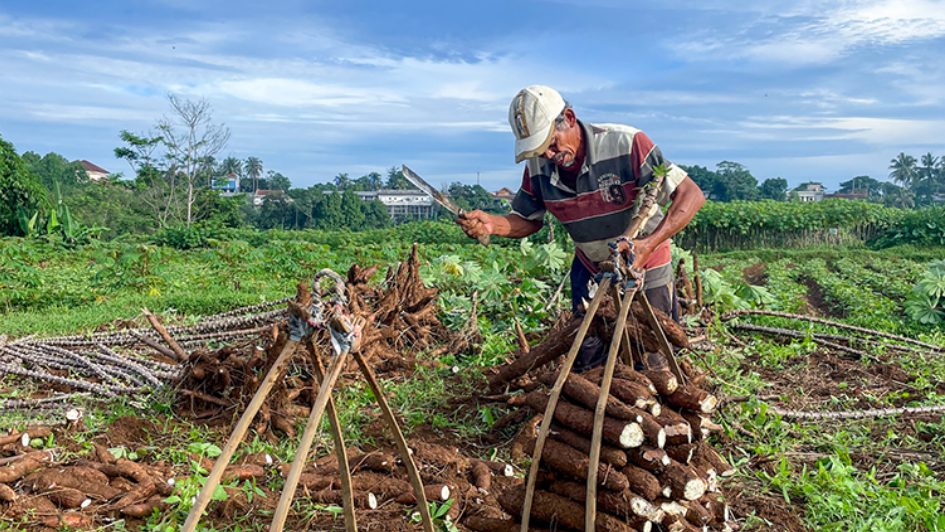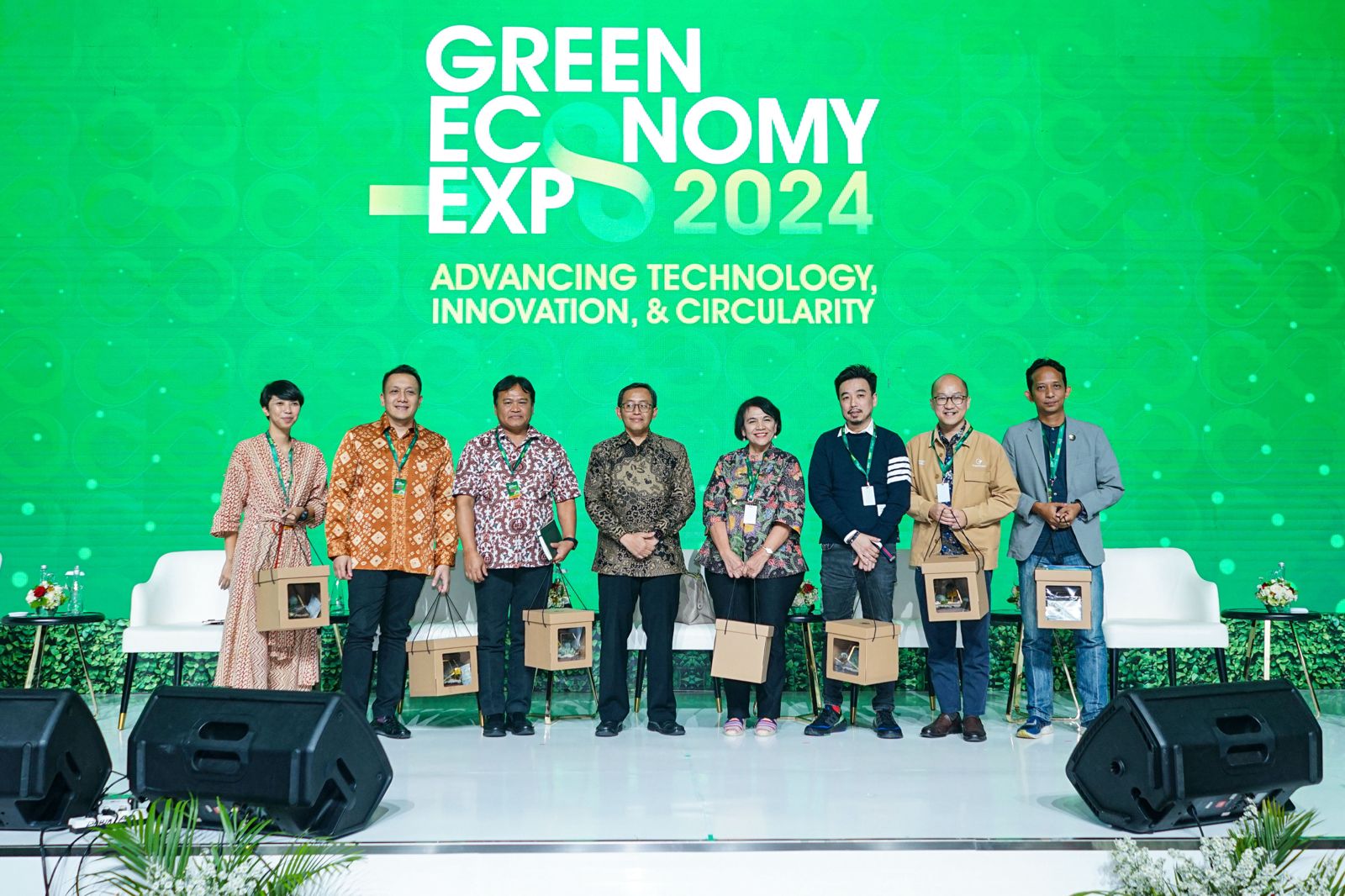Let's Reduce Plastic Waste
Tuesday, 20 March 2018Plastic bags are used to support human life. They are lightweight, waterproof, strong, and flexible, making them a great choice for carrying items while shopping. However, the use of plastic bags is becoming increasingly uncontrollable and brings problems to the environment. Naturally, conventional plastic bags can only decompose after hundreds of years.
Hundreds of millions of tonnes of plastic bags are used every day. This is coupled with the growing amount of plastic waste such as plastic bags, drink bottles, straws, and more. Even though one plastic bag alone takes 500 to 1000 years to decompose and return to nature.
Every country is competing with each other to find solutions to this problem. In Canada, for example, the local government of the city of Montreal has set a policy that will take effect from 5 June 2018 and there will be an overall ban on the use of plastic bags and fines for users.
This is also happening in other countries such as Australia, Brazil, South Africa, and many more. So they began to look for plastic substitutes that are more natural and biodegradable. Indonesia itself has also begun to move to address the problem of plastic bag use, starting from the implementation of paid plastic bags in modern markets and developing technology to find more natural and environmentally friendly plastic bags.
It is important to realise that this problem is the responsibility of all citizens in various parts of the world for the survival of the earth, the only place where living things live. People should realise that environmental awareness needs to be raised. For example, people can start by going on a plastic bag diet. Another way to tackle the build-up of plastic waste is to cut down on waste levels by switching to biodegradable technology for example.
This biodegradable alternative can be achieved by using technological developments such as adding additives in the manufacture of plastics such as oxo-biodegradable so that plastics can return to nature faster. It can also be achieved by natural means such as the use of plastics from cassava for example. This technology has been successfully developed in Indonesia. Ecoplas is one of the products from Indonesia that has succeeded in converting cassava fibre into plastic with the same strength as conventional plastic but can be decomposed and returned to nature in a faster period of about 2 years.
Let's be a smart society, by reducing the use of plastic and replacing plastic to be more environmentally friendly.



